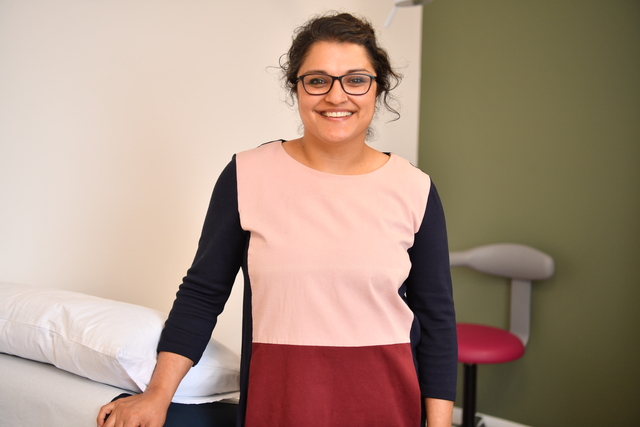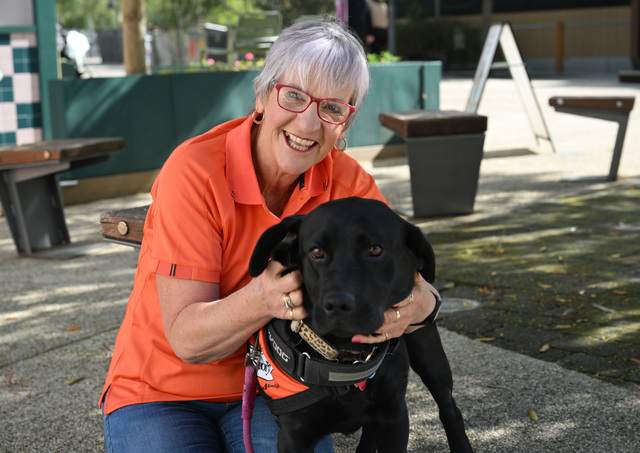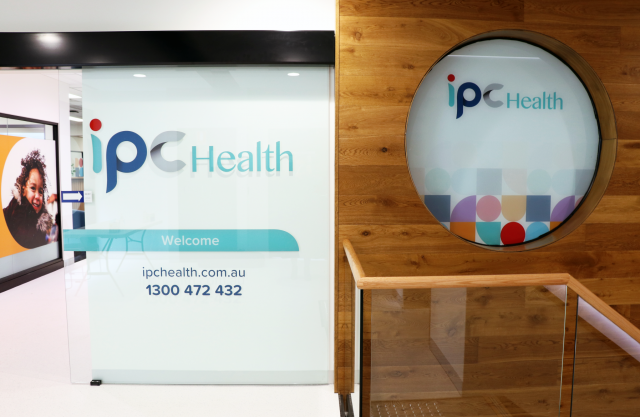Despite impacting one in 10 Australian women, Polycystic Ovary Syndrome, or PCOS, is still a “mystery” to many.
That’s why Dr Sneha Parghi says when it comes to addressing the condition, knowledge is power.
“Raising awareness is really important because there are probably a lot of women walking around with PCOS who don’t even realise they have it,” she said.
“There’s a lot of misunderstanding around it and the effects that it has … that lack of education means people are confused because they don’t know where to begin with seeking help.”
PCOS is a hormonal condition that is associated with an imbalance of male type hormones like insulin or androgen.
It affects women of reproductive age in a variety of ways and can cause anything from irregular periods and reduced fertility to acne and excessive hair growth.
It can also impact weight and mental health issues like anxiety or depression.
Dr Parghi is a consultant gynaecologist and obstetrician at Joan Kirner Women’s and Children’s Hospital, as well as private women’s health clinic, The Maven Centre, in St Albans.
She said symptoms varied from patient to patient and could be anything from mild to more impactful.
“It’s a spectrum in terms of severity – some people might have it but not be affected significantly, while others might be impacted more greatly.
“Some women will report that they won’t have a period for three months but then it comes and they have to stay home because it’s like a tap has been turned on.”
In some cases, PCOS can lead to long-term health risks like type 2 diabetes, endometrial cancer, sleep apnoea, and cardiovascular disease.
The broad nature of the condition can make it difficult to correctly identify, so doctors lookout for three key signs.
“Essentially, there are three criteria but you only need to meet two to get a diagnosis,” Dr Parghi said.
“The first is really irregular periods, the second is a hormonal imbalance, and the third is the appearance of multiple cysts on the ovaries, which we can see on ultrasound.”
Dr Parghi said while these factors might not always be a direct relation to PCOS, they definitely point towards it.
“The cysts on ultrasound are not actually cysts, they are just immature eggs that haven’t reached maturity and ovulated yet,” she said.
“But the reason that they appear on the ultrasound in the first place is because of a hormonal imbalance, so if you have two out of those three things we would say it looks like you have it.”
Young girls and teenagers aged 10-to-19-years-old are among a “small pocket” of patients who can often get misdiagnosed with PCOS, said Dr Parghi.
“We are apprehensive about making a diagnosis in that group of women … where their hormonal messages and production are still maturing,” she said.
“When you are within your first eight years of having a period, you can have irregular periods at that time and it doesn’t mean you have Polycystic Ovary Syndrome.”
However, a diagnosis is a lot easier to make among women in their twenties and thirties.
Dr Parghi said one setting where she sees the impact of PCOS is among those struggling to conceive.
“You might not necessarily know that [you have it], but it impacts the potential to fall pregnant,” she said.
“These hormonal imbalances may not manifest as irregular periods, but it may mean not being able to release an egg each cycle.”
According to the Australian Institute of Health and Welfare, the average maternal age for first time mothers was 29.7 in 2021, and the highest proportion of mothers were aged between 30 and 34.
Dr Parghi said if these symptoms or issues sound familiar, it was important to check.
“I’d say talk to your GP about what you are experiencing and what you think might be going on.
“If they are unsure about making a diagnosis then it is worth getting the opinion of a gynaecologist.”
Treatment of PCOS is dependent on the type of symptoms a patient might have, but can include medications, cosmetics, and adopting healthy habits, as well as implementing treatment to reduce the risk of long term complications.
Aside from gynaecologists like Dr Parghi, other medical professionals who can provide care to help manage the condition are endocrinologists, dieticians, and fertility specialists.

















